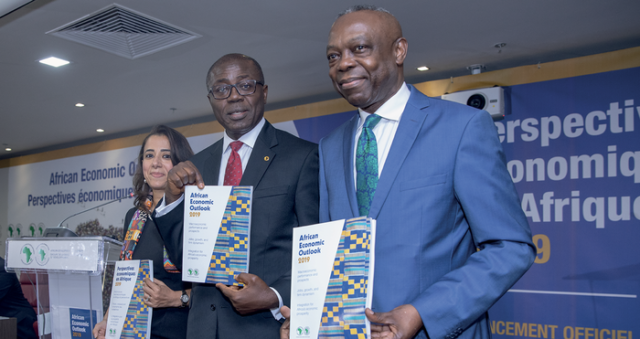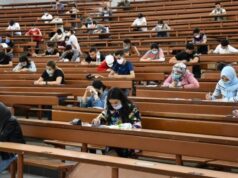
February 1-15, 2019
African Economic Outlook for the year 2019 is out. Does it have anything to cheer? It depends on how one looks at. Though GDP is projected to grow at 4% in 2019 and a shade better in 2020 at 4.1% as against 3.5% in 2018, it still hedges on gamble than supported by rationale reasoning. First, 2018 was a flat year –GDP grew by 3.5%-same as that of the year 2017. The only solace is that the GDP, as compared to 2016, had grown by 2.1%. It does not give any comfort to a region, which is characterized by widespread poverty, destitution, unemployment and the ills like that.
Secondly, the forecast of an increase of 0.5% in 2019 over the previous year is not substantiated by the facts. At a time, commodity prices are dithering, and the prospects of a recovery is seemingly bleak, the forecast on GDP can go haywire. To be fair to the number game, the mercurial movement of oil, agricultural and natural resources prices can pitch up the growth above the forecast of 4%.
Happily, the report has nailed the challenges to growth, which also can be construed to be the limits to the region’s growth. Foremost is the slow pace or total lack of regional integration. There can be many reasons that one can put forth as factors that hold back regional integration. Yet, countries in the region should realize that it is the only way to progress and they cannot grow in silos. Expecting Manna (succor) from neither the West (US and Europe) or the East (China) to take care of the development imperatives, is far-fetched and borders on foolhardiness.
Last not the least, it is high time that the African Union should recognize that keeping growth as a number crunching exercise is a zero-sum game, given the wide disparity in income, industrial and agricultural developments among the countries. While estimating the GDP of the region, macro-economic variables of South Africa or Nigeria, which are relatively economically advanced, can greatly influence the average. That numbers will not capture what is happening in poorer cousins, such as Democratic Republic of Congo (DRC) or Equatorial Guinea. Though there is no other universally acceptable statistical tool to replace GDP computing, it is instructive to use also methodologies like Gini-coefficient and Lorenz curve to measure the inequalities of income both within the countries and among the countries. That will give a more accurate measurement of progress of each country and the region.





